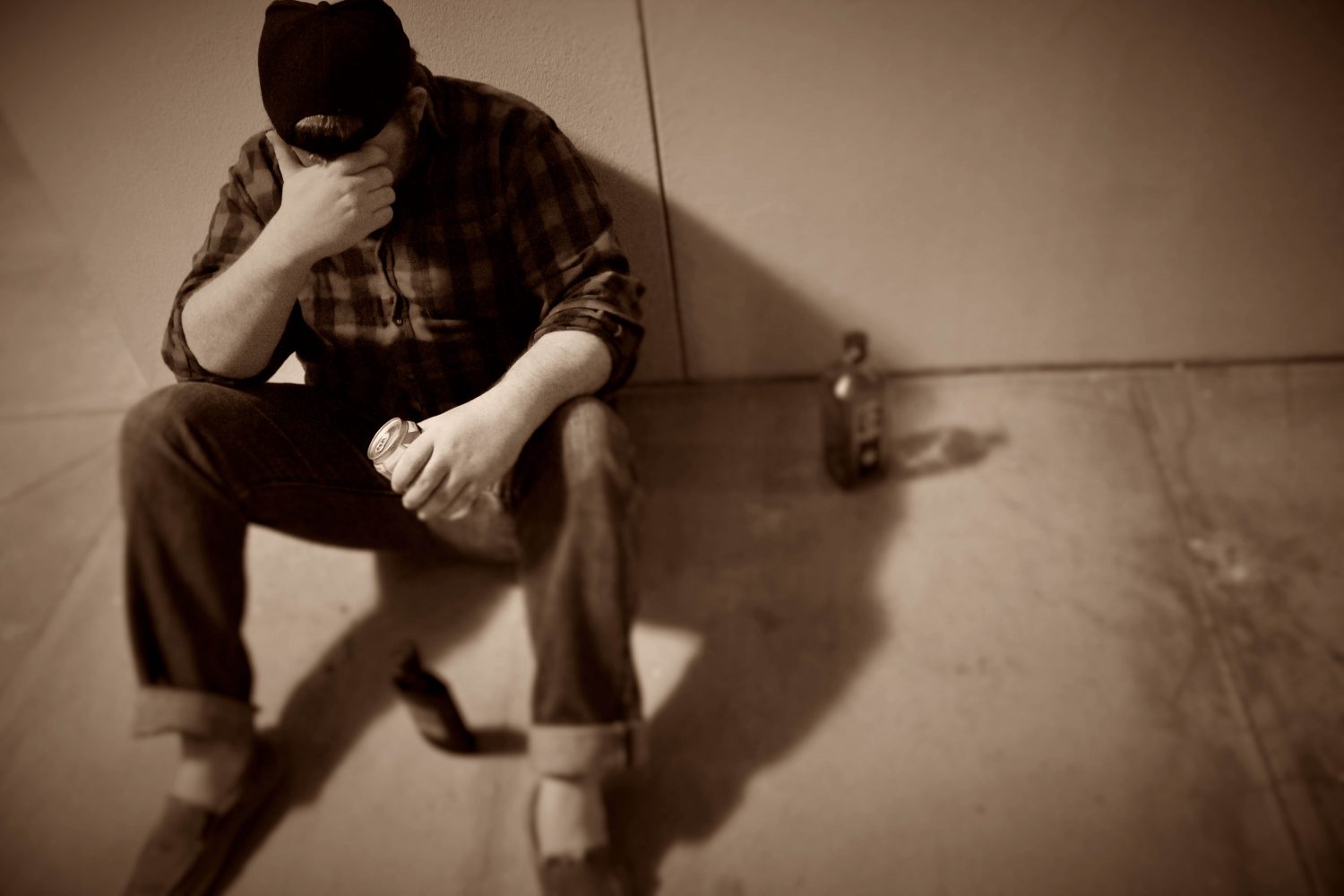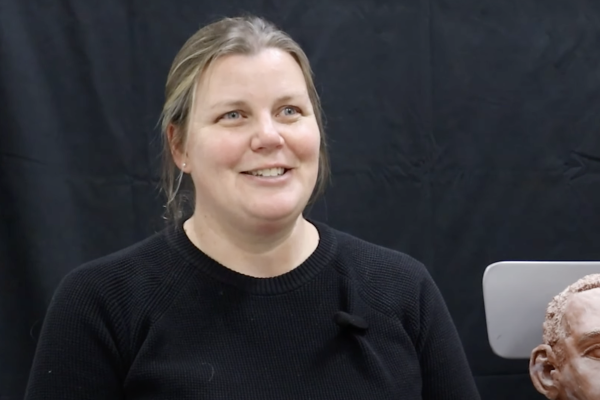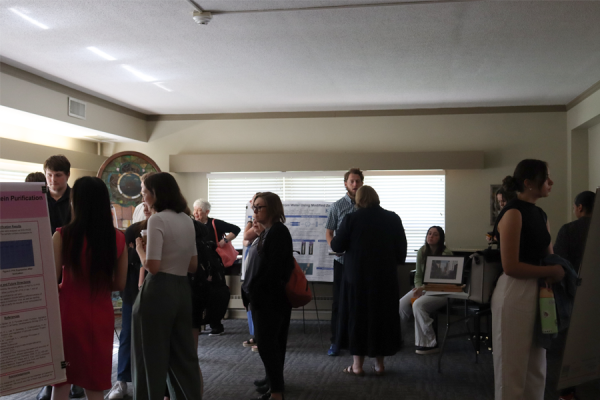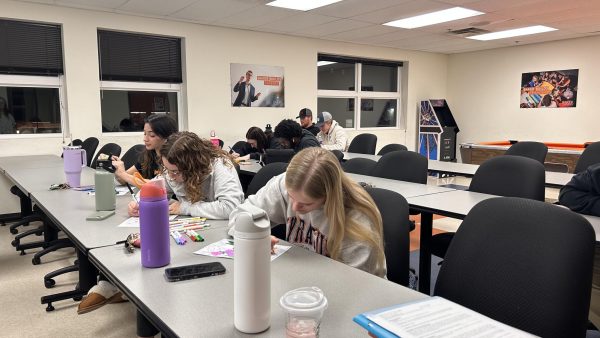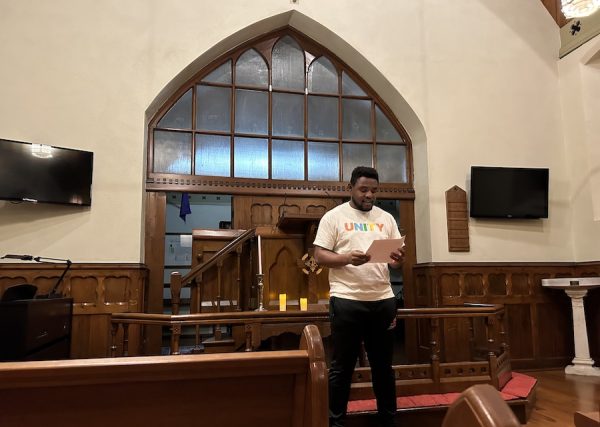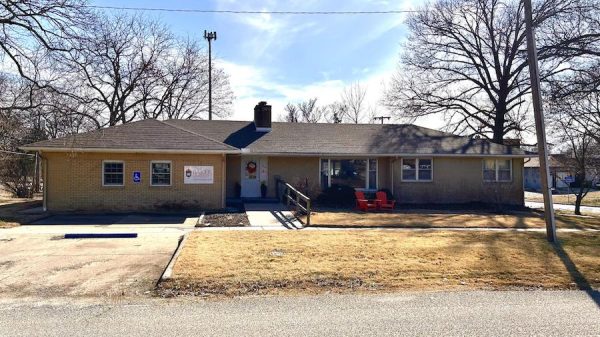Good Samaritan law could save lives on campuses
March 29, 2016
Governor Sam Brownback signed Senate Bill 133 into law last month, potentially saving lives on college campuses in Kansas. This bill is also known as a Good Samaritan law, and it protects underage minors from the law when they seek help for a drug or alcohol-related medical emergency.
According to the Center for Disease Control, 88,000 deaths yearly, including 4,700 teenagers, are due to . excessive alcohol consumption, making it the third-leading cause of death in the United States.
In recent years, several states have passed legislation around Good Samaritan laws. These laws especially apply to university campuses where minors could partake in underage drinking and not be fearful of the law if in need of medical assistance. Many institutions have already had similar policies already in place prior to this statewide adoption, including Baker University.
“We’ve had this policy for six or more years,” Dean of Students Cassy Bailey said. “We have used it on campus before.”
In the Baker University College of Arts and Sciences 2015-16 Student Handbook, on page 21, students can find the official “Amnesty Policy.” The policy says that students who seek medical attention for themselves or others related to drug or alcohol consumption will not be charged for violating the University Code of Conduct.
“It’s a great policy,” Bailey said. “Our first duty is to the students and the community.”
Bailey isn’t the only fan of this policy. Students have also expressed agreement with this policy.
“It puts an extra sense that people should be aware of their surroundings in an environment where this could happen and to be on the lookout for it,” junior Rachel Moore said.
Freshman Lahmad Evans thinks this policy will make students more likely to report alcohol poisoning on campus.
“It’s one thing to say it and another to actually do it,” Bailey said. “We have and will continue to enforce this policy.”
With this policy in mind, students are encouraged to call 911 in the case of drug and alcohol emergencies for the well-being of themselves and fellow students.



